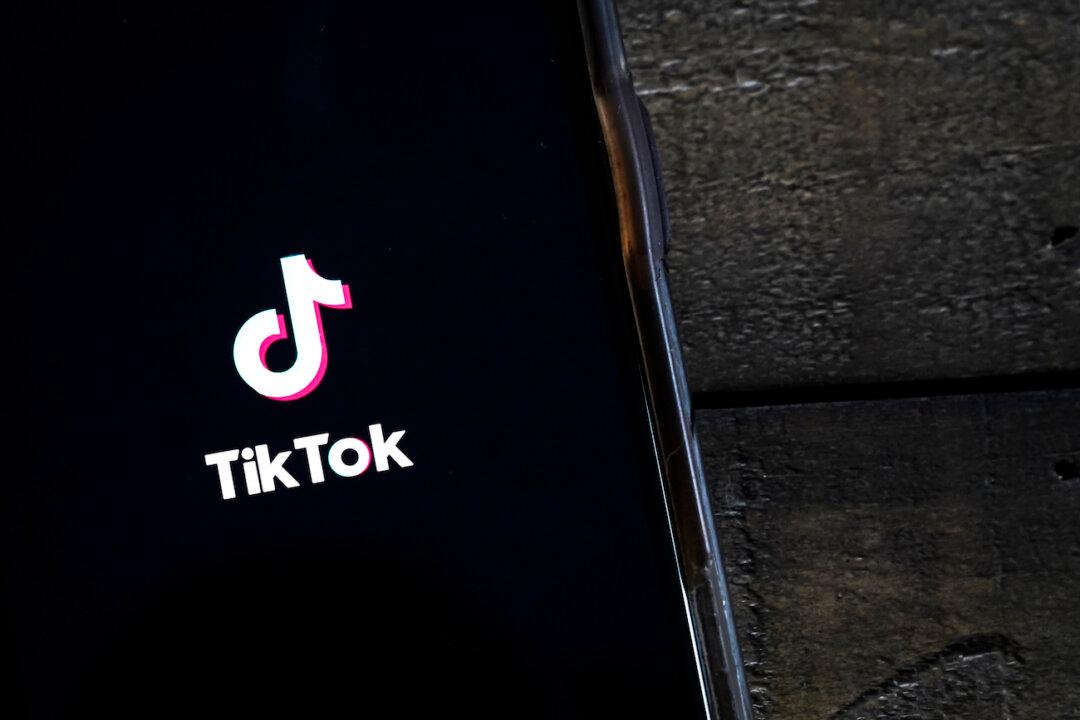Two senators from across the aisle have announced they’re seeking answers from Chinese-owned video-sharing platform TikTok after it hired several high-level executives from its Chinese parent company, ByteDance.
Sens. Marsha Blackburn (R-Tenn.) and Richard Blumenthal (D-Conn.) told TikTok CEO Shou Zi Chew in an Oct. 3 letter that the hirings “further [call] into question the independence of TikTok’s operations and the security of its U.S. users’ information.”




